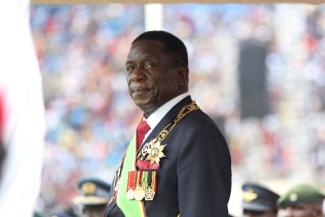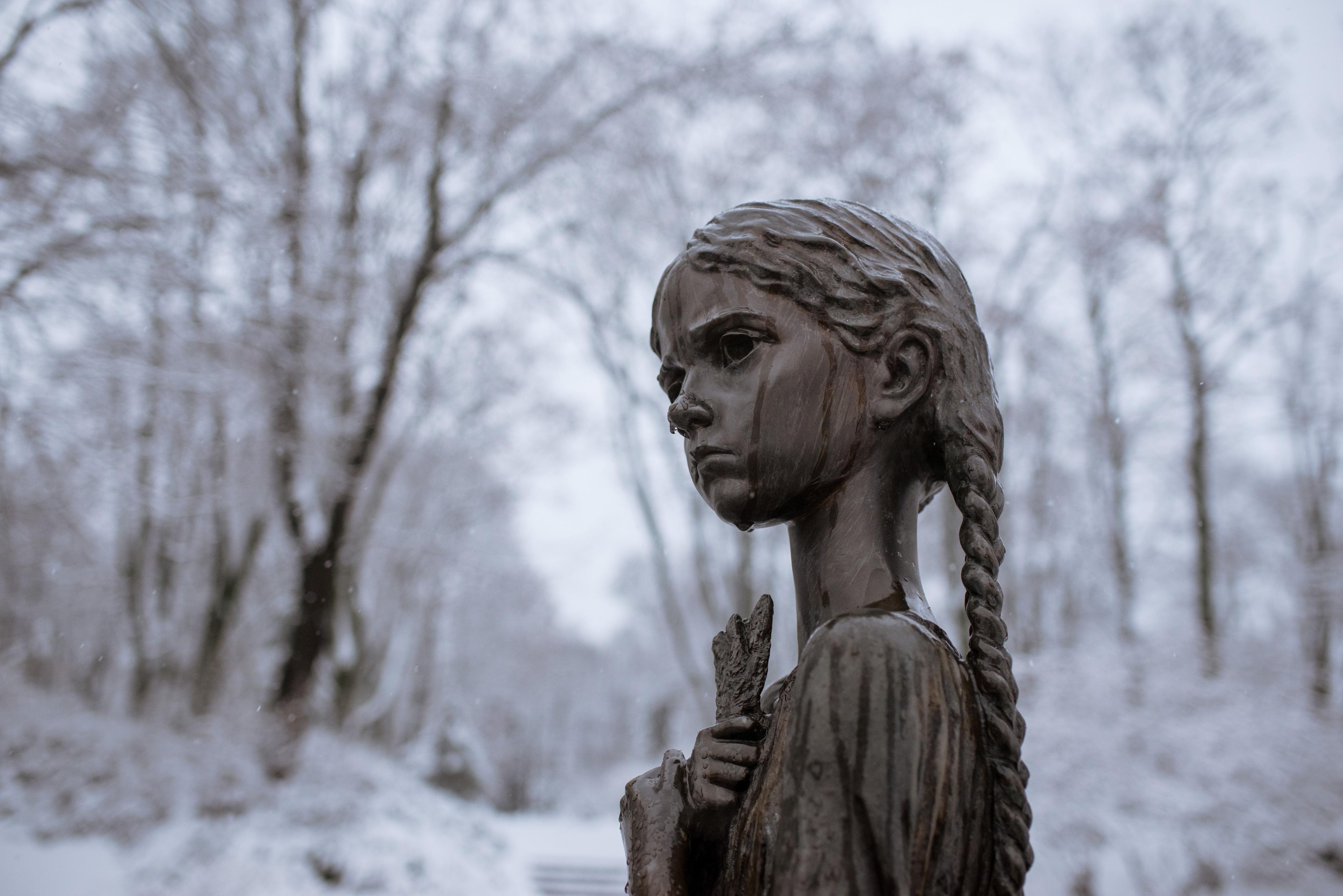Zimbabwe
Stopping a dynasty does not mean democracy

Mugabe had ruled the country for 37 years with an iron fist. His legacy includes genocidal massacres, rigged presidential elections and systematic clampdown on media, political opponents and civil-society activists. In the “Mugabeism” system, the country was run like the private property of a combined civil-political and military-security apparatus under the hegemony of ZANU-PF, the ruling party. Since the turn of the century, political repression, economic decline and an appalling deterioration of living conditions have forced several million Zimbabweans to leave the country.
While Mugabe was a driving force and the face of Mugabeism, he never acted alone. Mnangagwa was his faithful companion for over 50 years. Once Mugabe’s bodyguard, he spent several years with him in prison. Together they plotted the – when necessary also physical – elimination of political rivals.
During all the power struggles that occurred, Mnangagwa was loyal to Mugabe. Meanwhile, he pursued his own ascendancy. Mnangagwa was member of the government and the state security nexus ever since independence and coordinated most of the campaigns for ZANU-PF. Rigged elections were as much his responsibility as that of Mugabe and the military, which increasingly governed from the barracks.
As Minister of State Security Mnangagwa was in charge of the brutal massacre of more than 20,000 Ndebele people in the 1980s. He referred to dissidents as “cockroaches” and the killers of the Fifth Brigade army unit as “DDT”, an insecticide. He dismissed the critical voice of the Catholic Church by cynically twisting the Sermon of the Mount into: “Blessed are they who will follow the path of the government laws, for their days on earth shall be increased. But woe unto those who will choose the path of collaboration with dissidents for we will certainly shorten their stay on earth.”
It is no coincidence that Mnangagwa’s nickname is “the crocodile”. In Shona, the dominant language in Zimbabwe, the word is “ngwena”, and it is associated with a stealthy and ruthless character. Mnangagwa has proudly declared that he has “earned” this name. This could have been a warning to Mugabe. After all, a crocodile snaps back when being attacked. But the geriatric leader showed signs of a disoriented, frail old man whose talents as a cunning strategist were fading away. He became increasingly remote controlled by his wife Grace, who is more than 40 years younger. Dubbed “Gucci Grace” for her lavish shopping sprees, the power-hungry first lady emerged as Mnangagwa’s fiercest rival for Mugabe’s succession.
Mnangagwa’s dismissal, that had triggered the crisis, was dubbed a “bedroom coup” or “coup de Grace”. It was a tipping point for the military, which was the backbone of Mugabeism. They feared to lose control under Grace. The crocodile was their man and the personified continuation of rule.
When the military took over the country after Mnangagwa’s ousting, it was eager to stress that this “corrective measure” was an internal party affair and not a putsch. After Mugabe’s resignation, it installed a new civil-political government trusted by those who hold real power without occupying political posts. The first-struggle generation has for the time being fended off the onslaught by newcomers who were a threat to its vested interests. Mnangagwa guarantees business as usual.
Stopping a dynasty does not mean democracy. Publicly, Mnangagwa promised “unfolding and full democracy”. In a separate address to ZANU-PF party members, however, he stated that the train moves on while the dogs are barking. As the saying has it, a leopard does not change its spots. The question remains, if a crocodile does change its armoured skin.
Henning Melber is senior research associate at the Nordic Africa Institute and extraordinary professor at the Universities of Pretoria and the Free State in Bloemfontein.
henning.melber@nai.uu.se













